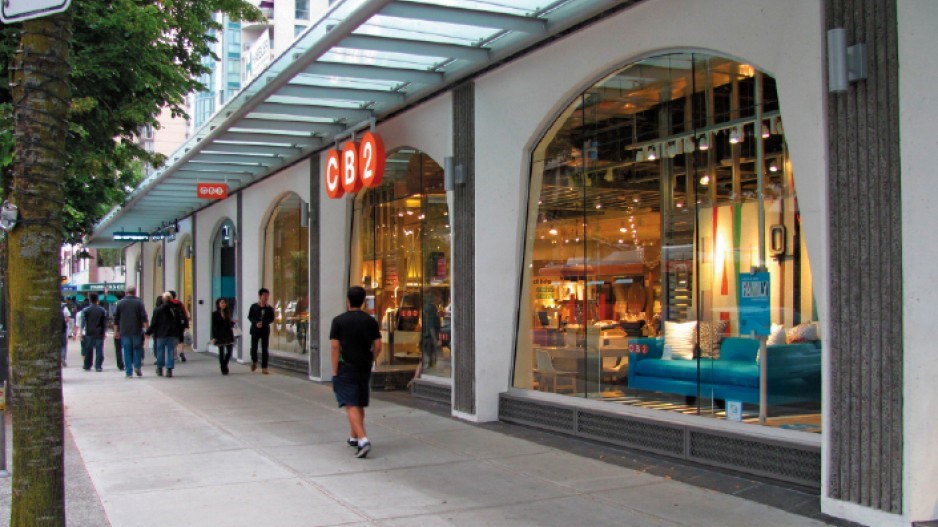First, the bad news
The annual hand-wringing over property assessments hit the first week of January. Sure, assessments aren’t the same thing as market value, but that doesn’t stop chatter regarding government assessors’ valuation of properties.
While homeowners take boosts and blows to their confidence (and pocketbooks), spare a thought for Vancouver’s C-class office tenants. The latest round of assessments brought a second straight year of sharp increases in valuations for properties outside the downtown core – in some cases, as much as 30% and 40%. This means steep increases in property taxes, already 4.5 times what residential property owners pay.
Because commercial landlords charge property taxes to tenants as part and parcel of rent, the rise in valuations will increase the net effective rents tenants pay. The added expense might make them think twice about where they’re located.
“The C-class office properties have been absolutely hammered this year,” said Paul Sullivan, president of BCS Property TaxCo Ltd. and a senior partner at Burgess, Cawley, Sullivan & Associates Ltd.
“The tenants that provide for this fantastic safe haven [for] investment money are now going to be asked to pay a significantly higher burden of taxation, and they’ve got choices – they can pay or they can leave.”
Land values didn’t change this year for many single-storey retail properties but that doesn’t mean they escaped. Vancouver’s practice of land averaging means their taxes will increase because the latest three years are the basis for tax calculations.
This year, the low 2010 assessment (based on a July 2009 valuation) is being dropped in favour of the higher assessments since.The possible implications for owners – who have till the end of January to appeal assessments – and the city are serious.
“We’re going to kill the golden goose,” Sullivan said. “If our values are the highest and our subsidy of the residential taxpayer is the greatest, maybe [small retailers] don’t want to do business here anymore.”
Some good news, too
Retail garnered some good news from this year’s assessment notices, however.
Robson Street businesses, which had seen rising rents boost property assessments, are now benefiting from a decline in lease rates.
Cushman & Wakefield Ltd. reported last fall that Robson Street rents have been falling, from $240 a square foot in 2011 to a current rate of $220 a square foot. But appraisers are now working with figures between $160 and $180 a square foot.
“Robson Street has certainly had a pretty strong run recently,” said David Howard, director of the property tax consulting group at Altus Group in Vancouver.
“Rents peaked out ... now they’ve come back down to adjust to the availability of other areas and the appetite of these retailers.”
The result has been a 13% drop in the assessed value of 1136 Robson Street, home of Zefferelli’s Spaghetti Joint; a 7% decline in the valuation of 1107 Robson Street, home of retailer Plenty; and a 6% decrease in the valuation of 1160 Robson Street.
When combined with the average increase across commercial properties in the city of 7.5%, many businesses will end up paying at least 12% less in property tax this year than last year. •




